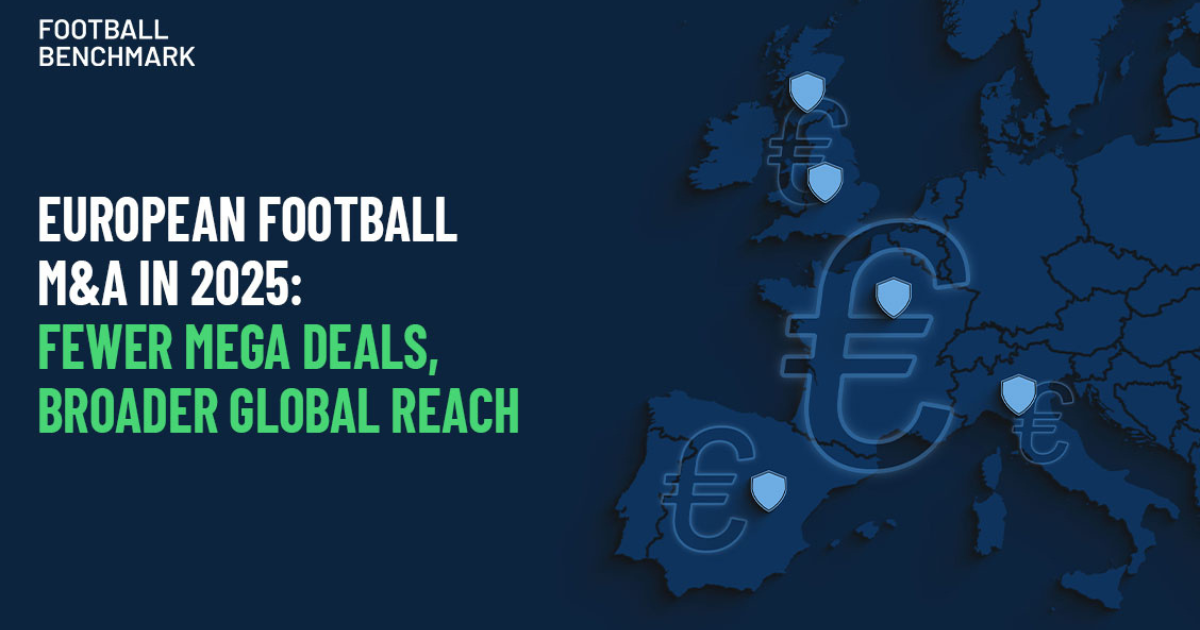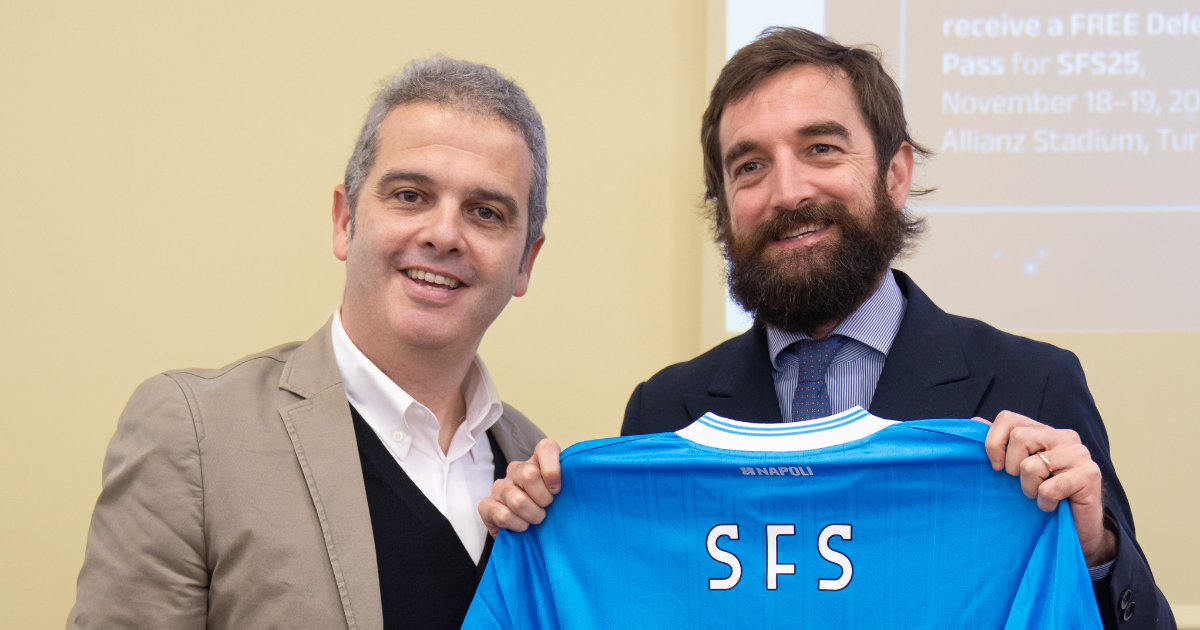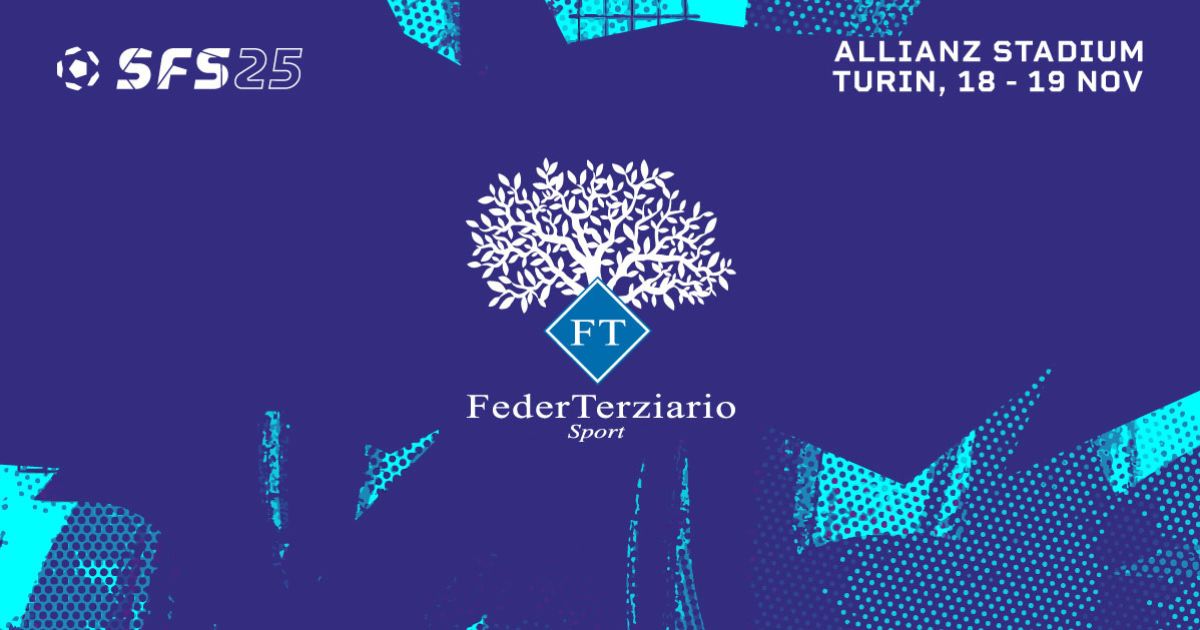Data and reflections on football club revenues and potential strategies to reduce imbalances
Today I want to talk to you about standings. Not the one based on points earned on the pitch, but the one based on football club revenues. The concept that “the richest teams win” (or at least, those among the richest) finds numerous confirmations in reality, both in Italy and abroad. The mirror concept—that “the less wealthy teams lose”—is equally valid. There are, of course, exceptions, but the two aspects—economic power and sporting results—are generally correlated. It is rare for those with high resources to be relegated or finish in the lower part of the table, just as it is rare for those with limited resources to win championships or reach the top positions. Naturally, it is not just revenues that matter, but also the ability of owners to inject capital and cover cost excesses; however, the level of revenue already creates a rift in itself.
However, these concepts don’t tell us everything, and specifically, they don’t tell us by how much some teams are wealthier than others. Orders of magnitude are important, so it is useful to examine them, focusing on the top flight and the distribution of domestic revenues (without considering the distribution between different leagues, which deserves a separate analysis).
Revenue distribution is polarized, and not only in Italy
In Serie A, for the 2024/2025 season, the top 10 clubs by revenue had combined revenues approximately 3.8 times higher than the aggregate revenues of the other 10 clubs (numbers for Serie A clubs are based on financial statements and my own elaborations, with data as of June 2025; December 2024 for Monza, Parma, and Torino). The average revenue for the top 10 clubs was approximately €319 million, while for the other 10, it was about €84 million. The top 5 clubs in this ranking had an average revenue of about €440 million and, in aggregate, 2.6 times the combined revenues of the bottom 10 clubs, and 7.5 times the combined revenues of the bottom 5 (which is why today’s “jersey number” is 7.5—perhaps one day even jersey numbers will have decimals!). The two clubs with the highest revenues together had a value greater than the aggregate revenues of the 11 lowest-earning clubs. One could continue with numerous similar examples. Economic resources are therefore concentrated, and in effect, multiple “leagues” exist within the same championship, both in terms of economic power and on-field performance.
In other European leagues, there are specificities, but the overall picture is not radically different. In France (based on my elaborations for the 2023/2024 season), the top 9 out of 18 Ligue 1 clubs averaged about €288 million in revenue (total: €2.59 billion), approximately 3.8 times the average revenue of the other 9 clubs (€76 million average; total: €683 million). The aggregate revenues of the top 5 clubs were about 6.3 times those of the bottom 5. A specific trait of the French league is the massive gap between the highest-earning club, Paris Saint-Germain, and the rest: for context, in 2023/2024, PSG’s revenues were higher than the combined revenues of the next 3 highest-earning clubs, and also higher than the aggregate revenues of every club from 8th to 18th place.
Looking at the 18 clubs in the Bundesliga (2023/2024), the top 9 clubs had 3.4 times the aggregate revenue of the other 9 (average of ~€401m vs ~€118m; source: DFL data). The top 5 clubs averaged over 6 times the revenue of the bottom 5. The top two clubs together generated more revenue than the 11 clubs ranked from 8th to 18th.
Finally, in the Premier League during the same season, the top 10 clubs had 2.8 times the aggregate revenue of the other 10 (averages of ~€651m and ~€234m respectively—figures significantly higher than other leagues; source: Deloitte data). The top 5 clubs had about 4.3 times the aggregate revenue of the bottom 5, while the top 3 clubs combined earned more than the bottom 10. Generally, Premier League data shows a slightly less concentrated distribution compared to the other mentioned leagues (partly due to media rights distribution mechanisms), but the gap remains very significant.
The data shows that club revenues are distributed in a polarized manner, with variations between countries, but with a common trait: the majority of revenue ends up in the coffers of the largest clubs, with a very wide margin over the others.
What variables influence revenue polarization?
Participation in European club competitions contributes significantly to this gap. For Serie A clubs participating in European cups in 2024/2025, the contribution of UEFA prize money averaged 15% of total revenue, peaking at over 20% in cases like Inter and Atalanta. If we subtract UEFA revenues from the total, the balance of power doesn’t change substantially, but the imbalance is reduced. To this, we must add FIFA Club World Cup resources for participating teams: combined with UEFA funds, these reached about 30% of total revenue for Inter and 18% for Juventus.
For Serie A clubs, media rights (which include UEFA but are broader) is the most consistent item (averaging 40% of total revenue in recent years) and shows a distribution similar to total revenue, though slightly less concentrated.
The areas showing the highest concentration are commercial, sponsorship, and advertising revenues, as well as matchday income. For Serie A 2024/2025, the aggregate commercial/sponsorship revenue for the top 10 clubs was 6.5 times that of the other 10. For the top 5 clubs, this value was 11 times that of the bottom 5. You would need to combine the commercial revenues of at least 11 lower-earning clubs to reach the level of just one of the top three clubs.
Matchday revenue (just over 10% of the total) is also more concentrated. The ratio between the top 10 and bottom 10 is about 6.4, and between the top 5 and bottom 5, it is 11 times. Modern, high-capacity stadiums and European participation are crucial drivers here. In short, TV rights and international competitions are crucial, but the commercial strength and global brand of the big clubs are the true determinants of polarization.
Is the uneven distribution of revenue a problem?
On one hand, one could argue this isn’t a problem. Large clubs have larger fan bases, greater commercial power, and better results. It is “fair” they earn more. On the other hand, this polarization heavily influences sporting competition and risks making leagues less exciting—which in turn could hurt TV rights value for everyone. The question is: what is an acceptable degree of polarization? Do the current numbers represent a good balance, or should the gaps be narrowed?
Possible paths to reduce the gap
If one believes the gap is excessive, two strategies could be pursued: “External” and “Internal.” The External Strategy involves a different distribution of revenue, such as solidarity mechanisms or changes to TV/UEFA rights distribution. Solidarity mechanisms already exist, but their scale—such as the ~€300-400 million UEFA distributes to non-participating clubs across all of Europe—is too small to move the needle compared to the €300m average revenue of a single top 10 Serie A club. Radical changes to UEFA allocation are difficult and could even distort smaller domestic leagues further. Regarding domestic TV rights, while minor adjustments are possible, it is pragmatically unlikely that a reform shifting massive volumes of money from big clubs to small clubs would ever gain consensus.
The Internal Strategy consists of clubs increasing their own revenue through business levers: marketing, infrastructure, and the transfer market. While commercial growth has limits based on fan base size, infrastructure (stadiums and training centers) can be decisive. Modern facilities don’t just increase matchday revenue; they provide the foundation for developing talent. Investing in youth academies allows clubs to remain competitive on the pitch and generate significant revenue through future player transfers.
The best of all possible worlds?
One might object that the internal strategy takes too much time and offers no certainties. However, we must be pragmatic: massive redistribution (the external strategy) is unlikely to happen at scale. The “best of all possible worlds” is likely one where realistic external reforms are paired with a systematic internal commitment by clubs to invest in infrastructure and player development.
The ghost at the table
You will have noticed that this column focused exclusively on revenue, ignoring the “ghost at the table”: costs. A complete discussion requires an in-depth analysis of costs, which are the primary cause of economic instability and a determining factor in competitive balance. We will address this in a future episode of Numeri in Palla.
Jacopo Carmassi – Numeri in Palla – Social Football Summit Column, February 23, 2026 – All the figures from the ‘Numeri in Palla’ column are available at this link
Jacopo Carmassi is a Principal Economist at the European Central Bank and an expert in football economics. All opinions expressed are exclusively personal and do not involve the ECB or other affiliated entities.
“Numeri in Palla”, by Jacopo Carmassi: The Revenue Championship
Data and reflections on football club revenues and potential strategies to reduce imbalances Today I want to talk to you about standings. Not the one based on points earned on the pitch, but the one based on football club revenues. The concept that "the richest teams win" (or at least, those among the richest) finds numerous confirmations in reality, both in Italy and abroad. The mirror concept—that "the less wealthy teams lose"—is equally valid. There are, of course, exceptions, but the
Working in the sport industry: the new training season signed by Social Media Soccer and SFS
The stage of Turin's Allianz Stadium, the lights of SFS25 and the excitement of those who, for the first time, were in close contact with the great decision-makers of world soccer. The final lecture of the latest edition of the Social Media Soccer course, hosted at one of Europe's most iconic venues, was not just a closing act, but tangible proof of how excellence training can shorten the distance between the classroom and the field. It is from this very energy
LGA Service: facility management and the quality of the sports experience
The efficiency of a football club is not just measured on the pitch, but also in the care of its infrastructure and the people who make it operational every day. The Social Football Summit (SFS 25) highlights the role of facility management and how human value, professionalism, and attention to detail directly impact brand quality and the customer experience. We interviewed Giulia Gencarelli, Marketing Manager at LGA Service, a historical player in the Facility Management sector, to understand how their 360-degree
European football M&A in 2025: fewer mega deals, broader global reach
Article written by Football Benchmark European football’s investment landscape in 2025 reflects a maturing market, with global capital continuing to flow into the game through a broader mix of strategic acquisitions, growing multi-club networks, and investment activity across all tiers of the pyramid. Between January and October 2025, Football Benchmark’s Club Transaction database recorded 76 acquisitions involving clubs across all levels of the European game, based on tracked transactions known to us and publicly available information. Of the transactions with available
Third stop of the SFS EXTRATIME Innovation Tour in Caserta
On October 29, 2025, the third stage of the SFS EXTRATIME Innovation Tour — the startup competition of the Social Football Summit, organized in collaboration with AlmavivA — took place at the University of Campania “Luigi Vanvitelli” (Santa Maria Capua Vetere, Caserta). The day brought together leading professionals from football and innovation, exploring the intersections between sport, business, and technology. Among the speakers: • Tommaso Bianchini, General Director, SSC Napoli • Gianfilippo Valentini, CEO & Founder, Social Football Summit • Vincenzo Filetti, Head of Startup Competition, SFS EXTRATIME • Glauco Ciprari, Head of Innovation, AlmavivA The session focused on how innovation and entrepreneurship
Lineaorosport is Official Outfit Partner of the SFS 25!
We are excited to announce that Lineaorosport officially joins the SFS world as an Official Outfit Partner! This partnership marks an important step for SFS, combining innovation, quality and passion for soccer and sports. Thanks to Lineaorosport, our participants and ambassadors will have access to technical, high-performance outfits designed to make the most of every moment of sport.
SFS and Urban Vision Group renew their partnership: together for sustainable and impactful communication in football
SFS is pleased to announce the renewal of its partnership with Urban Vision Group, a media company that is transforming urban communication and a leading player in the Out of Home sector. The collaboration between SFS and Urban Vision Group is further strengthened following the success of previous editions, confirming a shared vision: to combine innovation, visibility, and social responsibility to tell the story of football in a new way — one that is more inclusive and mindful of its environmental impact. Through its integrated and culturally driven communication solutions, Urban
Infront renews partnership with SFS and presents “Off the Pitch”: the speaker corner of innovation and content
SFS is pleased to announce the renewal of its partnership with Infront, a leading global sports marketing, media and business solutions company. The renewal of the agreement confirms a shared vision and commitment toward innovation, business growth and the development of valuable content within the soccer ecosystem. The collaboration with Infront represents a key piece in the evolution strategy of SFS, which continues to strengthen itself as a reference platform for professionals, companies and institutions in the sector, in
SFS partners with FootballCo: a global football media ecosystem
SFS is proud to announce a media partnership with FootballCo, one of the world’s largest football media group and a global voice connecting fans, professionals, and brands across the football industry. With its ecosystem of leading platforms — Goal.com, Calciomercato.com, and the digital content format 1 vs 1 — FootballCo brings together diverse perspectives on football, from business insights to fan engagement. This partnership enhances the international dimension of the 8th edition of SFS, which will take place on November 18–19, 2025, at Allianz Stadium in Turin.
Federterziario Sport and SFS together for the future of sports
SFS proudly announces its new partnership with Federterziario Sport, the federation established in 2025 to represent and support businesses, professionals, associations and entities that operate in the world of sports activities. The partnership was created with the aim of strengthening the dialogue between the sports and business sectors, promoting synergies, networking and a culture of innovation and sustainability. With more than 90,000 businesses represented, 80 territorial structures and 10 trade federations, Federterziario Sport is a national reference point for the growth and












